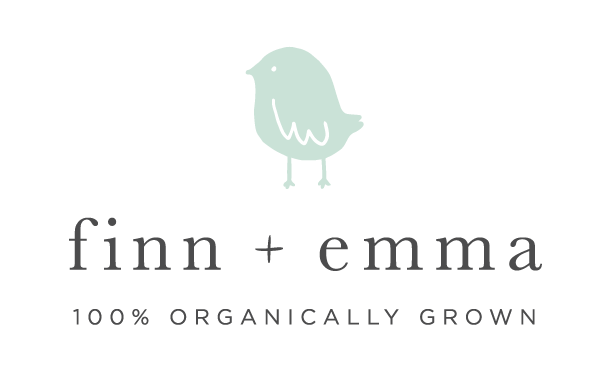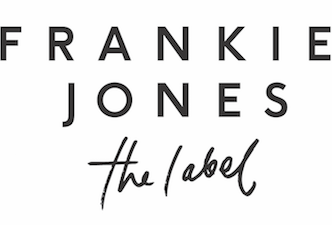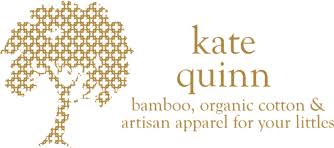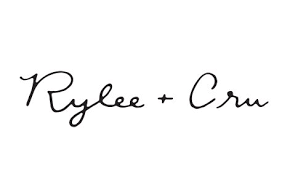How Buying for Babies Can Be Good For Mothers
2019 will be my first Mother’s Day as a mother, which I’ll celebrate with my husband and newborn. As I prepare for my infant’s arrival, I am grateful for ways to support mothers throughout the world whose work allows them to provide for their children and take care of themselves, as well.
Below are three companies whose creations I’m dreaming of having in my nursery.
Founded in 2003, Global Mamas currently employs more than 350 Ghanaian women in making recycled glass jewelry, home decor, and clothing for the whole family.
Certified by the World Fair Trade Organization and the Fair Trade Federation, the company provides consistent wages and good working conditions while preserving traditional artisan techniques. As the women develop their skills, they have the opportunity to become leaders in product lines and production facilities. Their benefits include 12-weeks of paid maternity leave and one paid hour per day for breastfeeding. In the past three years, Global Mamas has also provided workshops and resources for maintaining reproductive health, preventing diabetes, and recognizing potential cervical cancer symptoms.
Global Mamas empowers women to overcome some of Ghana’s gradually improving economic problems and gender inequity. According to Unicef, 1.2 million children in the country live in extreme poverty with insufficient food. Many Ghanaian girls have the additional challenges of sexual violence, child marriage, trafficking, forced labor, and inaccessibility of education beyond the primary level. The employees of Global Mamas are able to provide nutritional meals and secure housing for their families, and 100% of their children attend school in addition to the siblings and other community members whose education they support.
Haitian women who never had jobs have received training and employment in crocheting baby hats and blankets for Haiti Babi since 2012. The company provides lunch for them in addition to paying twice the national minimum wage: “50% of the revenue from each product goes towards paying the Haitian artisan moms who made it.”
Haiti Babi prevents the national challenges of malnutrition and family separation from happening to the women they hire. According to the World Health Organization, 2.5 million people in Haiti do not have enough to eat: “The poorest households spend almost three-quarters of their total income on food, and households with higher incomes still spend more than half.” Wages from employment are often not high enough to alleviate poverty. Many parents in these conditions realize they cannot provide for their children and send 28,000 of them to orphanages and nurseries. Haiti Babi employees earn enough to provide for their families and keep them together.
Established in 1998, Under the Nile makes baby clothing, toys, and accessories from organic cotton. They partner with Egyptian fair-trade and sustainability forerunner SEKEM to source cotton and to manufacture items in a Fairtrade International certified facility. As Under the Nile explains, SEKEM provides biodynamic cotton which goes beyond organic standards to integrate livestock, compost, and rotating crops grown with no pesticides and no imported materials. SEKEM also provides educational opportunities for children in the communities surrounding their farms and factories as well as gender equality training for men and women in the workplace.
Although most Egyptians do not suffer from extreme poverty, the working conditions of Under the Nile combat the illiteracy, gender inequality, and domestic violence described in a 2014 report from the Egypt’s Ministry of Health and Population. According to this report, 24% of married, divorced, separated, or widowed women in Egypt never attend school. Of these unschooled women, 26% could not read at all. Additionally, women who work on family farms are frequently not paid, while 94% of those in non-agricultural work are paid. Furthermore, 35% of the women surveyed believed that a husband was sometimes justified in hitting or beating his wife, but those employed and paid were least likely to agree. Respect, fair wages, and managerial positions at the factories for Under the Nile counter these attitudes and challenges.
As I look forward to becoming part of this global community of mothers, I realize that their dreams are much like mine: to make a good life for my family and to do fairly compensated work in a safe, congenial environment. Whether shopping for your child or a loved one’s, a purchase from a company that empowers mothers makes an impact in this generation and the next.
Check out the list of more baby brands we recommend below:
About the Author
With undergraduate majors in piano and Spanish from Vanderbilt University, and a Ph.D. in composition from Stony Brook University, Krystal J. F. Grant uses her music and words to reckon with society's brokenness. Her passion for fair-trade fashion led her to Dressember, and her childhood in Alabama guides her commitment to freedom throughout the world. She and her husband enjoy visiting museums and National Parks, or just making popcorn and watching anime at home.








































